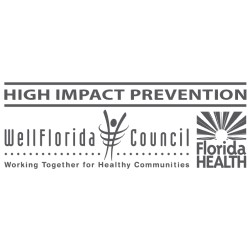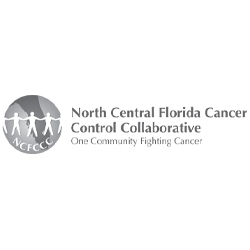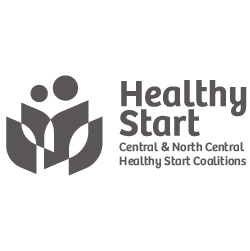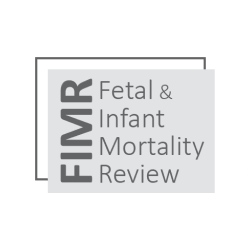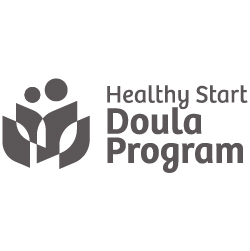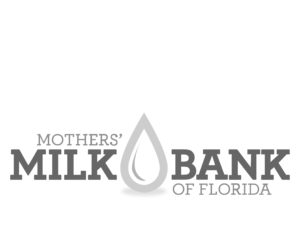Some local relief with Affordable Care Act decision
Gainesville Sun
By Christopher Curry
Tiffen Lovler breathed easy Thursday.
After several months of uncertainty, the Supreme Court ruling in King v. Burwell came out and Lovler, 27, knew that he would be able to keep the tax credits that made it possible for him to buy health insurance through the Affordable Care Act.
“It’s a relief,” he said. “It will let me keep my insurance because it will be affordable to me.”
Lovler said he pays a $40 monthly premium thanks to the taxpayer-funded subsidies that were a central part of the Affordable Care Act plan to help millions of Americans pay for the health insurance the law required them to have. Without the financial assistance of the subsidies, Lovler said he’d face a monthly premium in excess of $300 and a higher co-payments.
In a state where Medicaid expansion never went through, he would have found himself without any coverage.
Young and healthy, the Gainesville resident said he primarily relies on his insurance for preventive care, physical therapy and diagnostic tests. Still, he said health insurance serves as a safety net if he has any serious injury or illness that brings high hospital bills.
Working as a navigator who helps people sign up for insurance through the ACA, Lovler said the vast majority of the people he assisted also relied on the subsidies to purchase coverage.
After losing a high paying job in Massachusetts Harold Lemoine moved to Gainesville, where his fiancee was in dental school, and relied on subsidies to purchase ACA coverage for his fiancee, her parents and himself.
Lemoine has since been hired at a job in Maryland where he will have health care coverage but he still relies on the subsidies to help pay for coverage for his fiancee and her parents.
He said monthly premiums for his fiancee’s parents’ coverage costs $78 a month with credits and would have been $1,200 without them.
Lemoine spent the last few months concerned about how the Supreme Court decision would affect him financially. On Thursday, he expressed relief.
“It’s a moot point now,” he said.
In Florida, more than 1.3 million people used subsidies to purchase ACA coverage and depending on how the decision went Thursday, they potentially could have lost an average monthly subsidy of $294, according to a Kaiser Family Foundation report.
In this area of the state, that included 44,000 people in U.S. Rep Corrine Brown’s district and 25,000 in U.S. Rep Ted Yoho’s district, according to a report from Families USA, a nonprofit group that supports the Affordable Care Act.
If the Supreme Court ruling had gone the other way, many of the people who lost would also have been exempt from the mandate in the ACA to purchase insurance because it would no longer be affordable without the subsidies.
An Urban Institute report estimated that, in the 34 states, including Florida, that did not establish their own Affordable Care Act exchanges and where the plaintiffs argued subsides were not allowed under the letter of the law, premiums on nongroup insurance plans purchased through or outside the ACA marketplace would have increased by 35 percent as low-cost people fell out of the insurance market.
“The savings here are not just for the people who are getting the subsidy,” said Lauren Vagelakos, who oversees the navigator program for the Gainesville-based WellFlorida Council.
The American Medical Association and the Safety Net Hospital Alliance of Florida, a group that includes UF Health Shands Hospital, released statements praising the decision.
”Today’s ruling ensures that Florida families of modest means will continue to receive the support they need to afford their health insurance,” the Safety Net Hospital Alliance said in its statement.
“With their coverage intact, these residents will continue to have access to a full range of preventative and primary healthcare services delivered in an efficient and cost-effective manner, versus being uninsured and either forgoing care they need because it is unaffordable or seeking treatment in hospital emergency rooms, which is the most expensive route to care.”
There was also negative reaction to the Court’s ruling. U.S. Senator and Republican presidential candidate Marco Rubio and Yoho both released statements criticizing the decision and reiterating their intention of trying to repeal and replace ObamaCare.
“I disagree with the Court’s ruling and believe they have once again erred in trying to correct the mistakes made by President Obama and Congress in forcing Obamacare on the American people,” Rubio said in the statement.
“I am disappointed with the Supreme Court’s 6-3 ruling today on King v. Burwell. I believe everyone should have some semblance of healthcare coverage, but Obamacare is not the right answer,” Yoho said in his statement. ”Obamacare, which was rammed through Congress without any bipartisan dialogue on how best to provide healthcare coverage for all Americans, is bad for patients, families, and our economy.”
University of Florida Levin College of Law professor Steven J. Willis co-authored a friend of the court brief in support of the plaintiffs. That brief argued pointed to the two lines in the voluminous law saying credits are available for people who signed up for an ACA insurance plan “through an exchange established by the state,” and argued that the text of the ACA directly and unambiguously” makes credits available only for people purchasing a plan through a state exchange.
On Thursday, Willis said the Supreme Court decision instead decided that line was ambiguous and then looked more broadly at the context of the law and Congress’ intent in passing it but also analyzed the letter of the law. Others praised the breadth of the ruling.
“The U.S. Supreme Court’s wise and compassionate ruling was a huge relief for the millions of Americans — some 2 million in Florida alone — who either could not get health care insurance or who stood to lose the subsidies that made it affordable. The court, ruling 6-3 with Chief Justice John Roberts writing the decision, has finally put to rest the partisan bickering that had no regard for the needs of hard-working Americans,” the Florida League of Women Voters said in a statement.
“It is now up to Gov. Rick Scott and the Florida Legislature to heed this decision by the highest court in the land, and “get to work” to help 800,000 Floridians without health care insurance.
“The Affordable Care Act is here to stay. Florida must come up with a customized program to offer critical insurance to our working poor. The League urges all Floridians and organizations to call on the Legislature to get back to work as soon as possible and hold a special session.”
Read this article online: http://www.gainesville.com/article/20150625/ARTICLES/150629812/0/search?p=4&tc=pg
Back to News page
